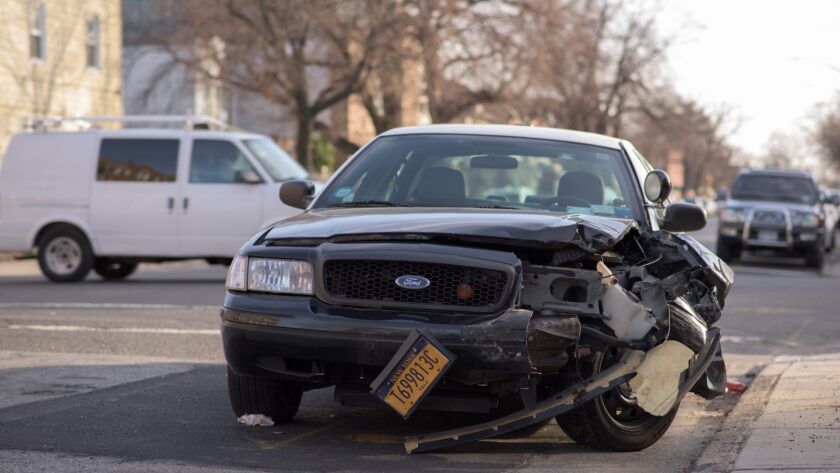Vehicle accidents are serious and frequently catastrophic events that can have detrimental effects on all parties involved. According to the latest recent figures from the National Highway Traffic Safety Administration, there were 31,785 highway fatalities in the first nine months of 2022.
There has been a little decrease of 0.2% as compared to the anticipated 31,850 fatalities for the same time period in 2021. These figures nevertheless serve as a reminder that it is critical to be knowledgeable about the primary reasons behind auto accidents and to be aware of what to do in the event of one.
Major Causes of Accidents
Driving while distracted, driving too fast, driving while intoxicated, and driving recklessly are the four main causes of car accidents. According to the NHTSA, distracted driving accounted for almost 9% of all fatal fatalities in 2019, making it the most frequent cause of collisions. Any activity that diverts your focus from the road, such as texting or chatting on the phone, eating or drinking, or even fiddling with the radio, is considered a kind of distracted driving.
Another frequent reason for auto accidents is speeding, which accounts for about 26% of all fatal collisions. Going faster than the posted speed limit can slow you down and make it harder to control your car, which raises the possibility of an accident.
Drunk driving is a dangerous and illegal activity that can have devastating consequences. Alcohol impairs your ability to drive, making it more challenging to concentrate, react, and make good decisions. Drunk driving is responsible for over 10,000 deaths each year, according to the NHTSA, and it is essential never to drive under the influence of alcohol.
Reckless driving is another significant cause of car accidents, and it can include actions such as tailgating, weaving in and out of traffic, or failing to signal when turning or changing lanes. Reckless driving can lead to accidents that cause serious injuries or even fatalities.
What to do after a car accident?
There are numerous actions you should take after an automobile collision to preserve your safety and safeguard your legal rights. First, see whether anyone is hurt, then contact for medical help if necessary. Move your car out of the way of traffic and switch on your hazard lights if it is safe to do so. Even if the collision looks small, you should still call the police and report it. Take pictures of the accident scene and any damage to your car, and exchange contact and insurance information with the other motorist and any witnesses.
Why you should hire a lawyer?
Hiring a car accident law firm has many advantages. In the beginning, a lawyer can guide you through the frequently complicated legal process and make sure that your case is handled properly. To make sure you get a fair settlement, they can also bargain with insurance companies on your behalf if you have already contacted your insurance provider.
A vehicle accident attorney can also give you peace of mind by letting you know that your case is in capable hands. You can ask them any questions you may have regarding the procedure, and they can assist you to understand your legal rights and options.
Another critical step to take after a car accident is to seek medical attention, even if you do not feel injured. Some injuries, such as whiplash or traumatic brain injuries, may not show symptoms right away but can have serious long-term effects. Thus, it is vital to click here and reach out to a reputable clinic who offers physiotherapy and chiropractic services to deal with pain caused by whiplash. Whiplash symptoms can linger for weeks or even months, sometimes getting worse over time instead of better. These delayed or chronic symptoms can make everyday life difficult and may lead to lost income, emotional stress, or ongoing medical expenses. In such cases, working with a whiplash injury attorney can help ensure your medical expenses and future treatment needs are fairly addressed as part of your claim. Seeking medical attention also creates a record of your injuries, which can be helpful in your case.
In addition to seeking medical attention, it is essential to avoid discussing the accident with anyone other than the police, and your lawyer. Statements you make to others, such as the other driver, could potentially be used against you in legal proceedings. It is best to keep the details of the accident to yourself until you have had a chance to speak with a lawyer and understand your rights and options.




